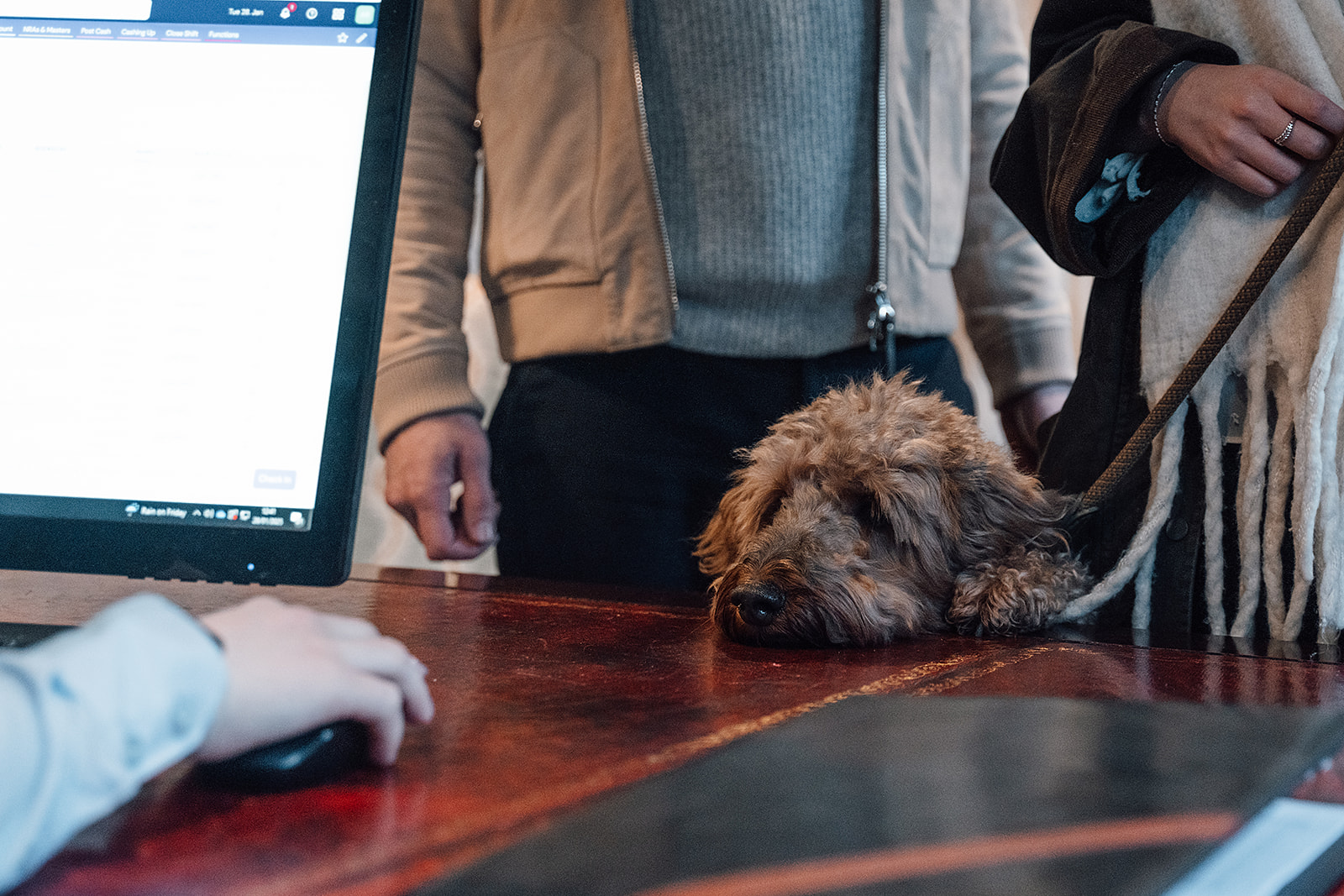Are you getting the IT support you need?
Tick against what your current provider is doing for you
.jpg)
Mike Delafield
Infrastructure Engineer
September 15, 2025

In the hospitality sector, trust is everything. Guests hand over personal details such as names, addresses, payment information, and sometimes even passport numbers when booking or checking in. Personally Identifiable Information (PII) is valuable and sensitive. If it’s mishandled, the consequences can include regulatory fines, reputational damage, and loss of customer confidence.
Unfortunately, many hospitality companies still make critical mistakes when handling PII. Here are the top 10 to watch out for, along with practical ways to avoid them.
The mistake: Asking guests for unnecessary details “just in case”, such as passport copies when they aren’t required, exposes businesses to risk.
The fix: Only collect the data you genuinely need to deliver the service. Review booking forms and registration processes regularly to ensure they’re proportionate.
If you cannot set your systems to automatically delete PII data, develop a regular schedule for deleting information.
The mistake: Running guest Wi-Fi on the same network as business systems, or leaving it open without encryption, can allow attackers to reach sensitive systems.
The fix: Provide a separate, secure network for guests. Use encryption (WPA3 where possible) and ensure business-critical systems are protected behind firewalls.
The mistake: Many hotels and restaurants keep guest records indefinitely, even after they are no longer required. This breaches GDPR’s principle of storage limitation.
The fix: Set clear retention periods. For example, keep booking records only until payment is reconciled, unless there is a legal requirement to hold them longer.
Schedule a regular review and delete data that has reach the end of the retention period.
The mistake: Storing card details in spreadsheets, emailing them, or writing them down exposes sensitive information. Smaller operators are particularly vulnerable.
The fix: Use secure, PCI DSS-compliant payment systems. Never store payment card data manually, and always process payments through encrypted platforms.
The mistake: Staff on reception, at the bar, or in reservations often handle PII without knowing how to spot phishing emails or social engineering attempts.
The fix: Provide regular training on data protection and cybersecurity basics. Build awareness into induction programmes so staff understand the importance of safeguarding guest data.
The mistake: Allowing every employee to access customer files, booking systems, or back-office data increases the chance of error or misuse.
The fix: Apply role-based access controls. Staff should only be able to see the data necessary for their job, and admin rights should be tightly restricted.
The mistake: Many businesses either don’t display a privacy notice at all, or use a generic template that fails to explain how guest data will be used.
The fix: Publish a clear, transparent privacy notice on your website and in your venue. It should outline what data is collected, how it’s used, and how long it’s retained.
The mistake: Hospitality companies often share data with booking platforms, marketing providers, or payment processors without checking their compliance.
The fix: Audit third-party suppliers. Ensure contracts include GDPR-compliant clauses and confirm that partners protect guest data to the same standard you do.
The mistake: When data is leaked or stolen, many businesses don’t know they must notify the Information Commissioner’s Office (ICO) within 72 hours, or how to communicate with affected guests.
The fix: Create and test a breach response plan. Assign responsibilities, prepare template notifications, and ensure staff know who to alert if something goes wrong.
The mistake: Adding guests to promotional mailing lists without clear consent is a frequent breach of GDPR. Booking a room does not equal permission to receive marketing emails.
The fix: Always get explicit opt-in consent for marketing. Keep records of who consented, when, and how. Make it easy for guests to unsubscribe.
For hospitality companies, mishandling PII isn’t just about regulatory compliance – it’s about reputation. Guests trust you with their most personal details, and they expect you to protect them. By avoiding these common mistakes and putting robust processes in place, you can build stronger customer relationships, reduce risk, and safeguard your brand.
In today’s competitive market, a reputation for data security could be as valuable as excellent service or a prime location.